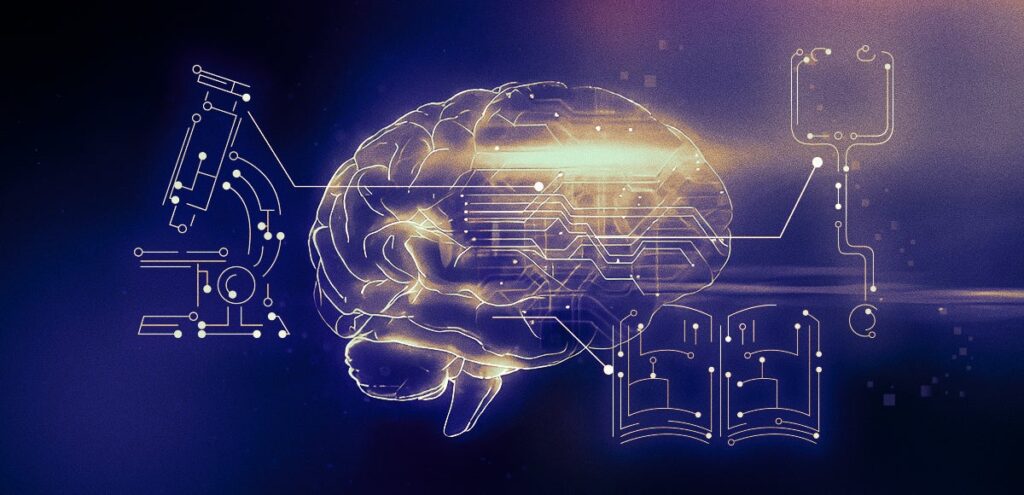Introduction:

Artificial Intelligence (AI) has emerged as one of the most transformative technologies of the 21st century, reshaping industries and revolutionizing the way we live, work, and interact with technology. This article takes you on a journey through the history of AI, from its inception to present-day progress, explores its various applications, discusses future implementations, and examines both the advantages and drawbacks of this groundbreaking technology.
The Birth of Artificial Intelligence:

The origins of AI can be traced back to the 1950s when the field was established as a discipline. Pioneering researchers such as Alan Turing, John McCarthy, and Marvin Minsky played vital roles in shaping AI’s early foundations. Turing introduced the concept of a “universal machine” capable of performing any computation, while McCarthy coined the term “artificial intelligence” and organized the Dartmouth Conference, which marked the birth of AI as a field of study.
Early Years and Development:
In the following decades, AI research witnessed significant progress. Symbolic AI, which focused on manipulating symbols and logic, dominated the early years. Notable developments during this period included the invention of expert systems and the development of problem-solving algorithms.
The Rise of Machine Learning and Neural Networks:
In the 1990s, AI experienced a resurgence with the emergence of machine learning and neural networks. Machine learning algorithms enabled computers to learn from data and make intelligent decisions, while neural networks allowed for sophisticated pattern recognition and predictive capabilities.
Present-Day Progress:
The past decade has witnessed remarkable advancements in AI. Deep learning, a subfield of machine learning, has enabled breakthroughs in areas such as image and speech recognition, natural language processing, and autonomous vehicles. Major technological companies have heavily invested in AI, driving progress in areas like robotics, healthcare, finance, and manufacturing. AI-powered virtual assistants, chatbots, and recommendation systems have become integral parts of our daily lives.
Applications of AI:

AI finds applications across numerous domains. In healthcare, AI assists in disease diagnosis, drug discovery, and personalized medicine. In transportation, autonomous vehicles powered by AI are revolutionizing the automotive industry. AI is also transforming industries such as finance, agriculture, cybersecurity, and entertainment. Moreover, AI is enabling smart cities, optimizing energy consumption, and improving sustainability.
Future Implementations:
The potential of AI is vast, and its future implementations hold tremendous promise. AI is expected to enhance education through personalized learning, enable smart homes with intelligent automation, and revolutionize the workforce by augmenting human capabilities. Fields like quantum AI and AI ethics are emerging areas that will shape the future of AI research and development.
Drawbacks and Challenges:

Despite its numerous benefits, AI also poses certain challenges. Ethical concerns surrounding AI include privacy issues, algorithmic bias, and job displacement. There are concerns about the potential misuse of AI in surveillance systems and autonomous weapons. Ensuring transparency, accountability, and responsible use of AI will be crucial to address these challenges and safeguard society.
Conclusion:
Artificial Intelligence has come a long way since its inception, transforming various aspects of our lives and driving technological advancements. With continuous progress, AI will continue to shape the future, revolutionizing industries, enabling breakthroughs in healthcare, and improving overall efficiency. However, it is imperative to navigate the challenges associated with AI’s ethical, societal, and economic implications. By embracing responsible development, AI has the potential to bring about a brighter future, enhancing human capabilities, and addressing some of humanity’s most pressing challenges.
You may also Like : Google AI













